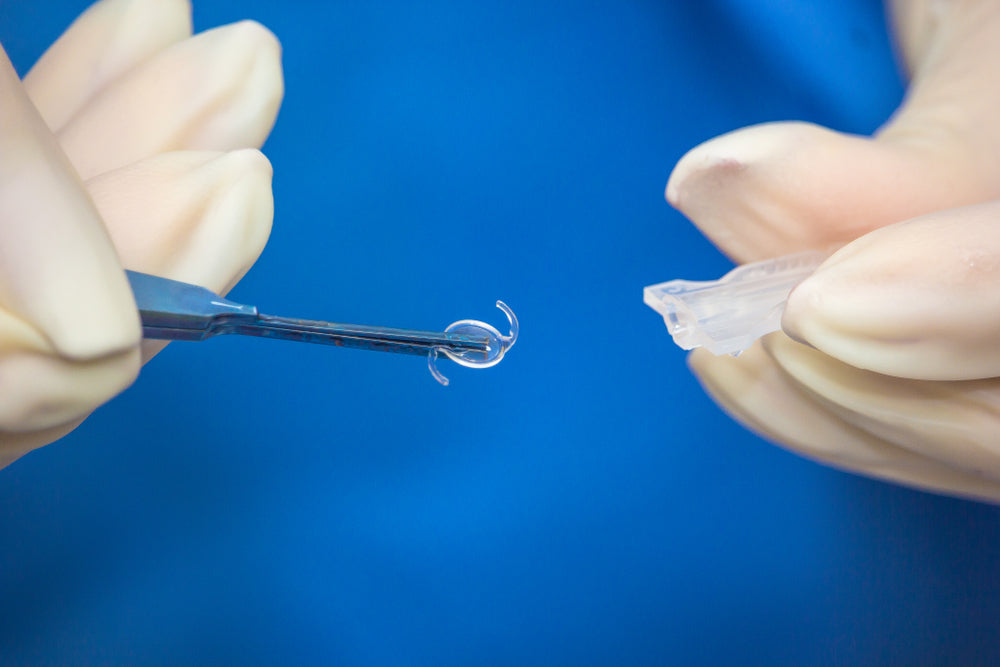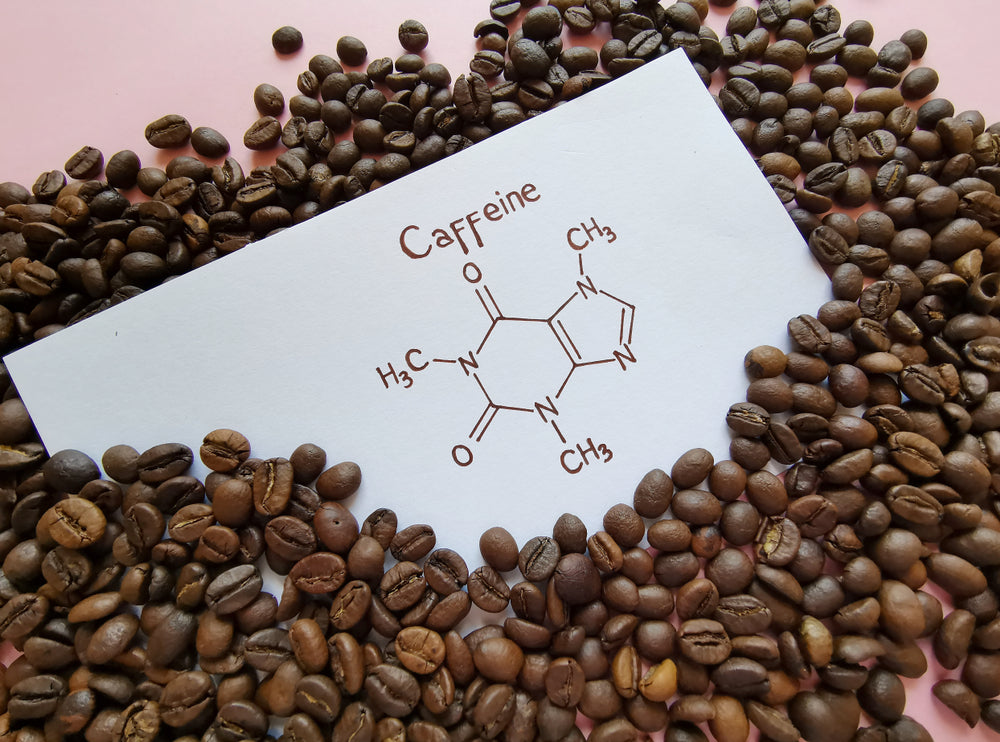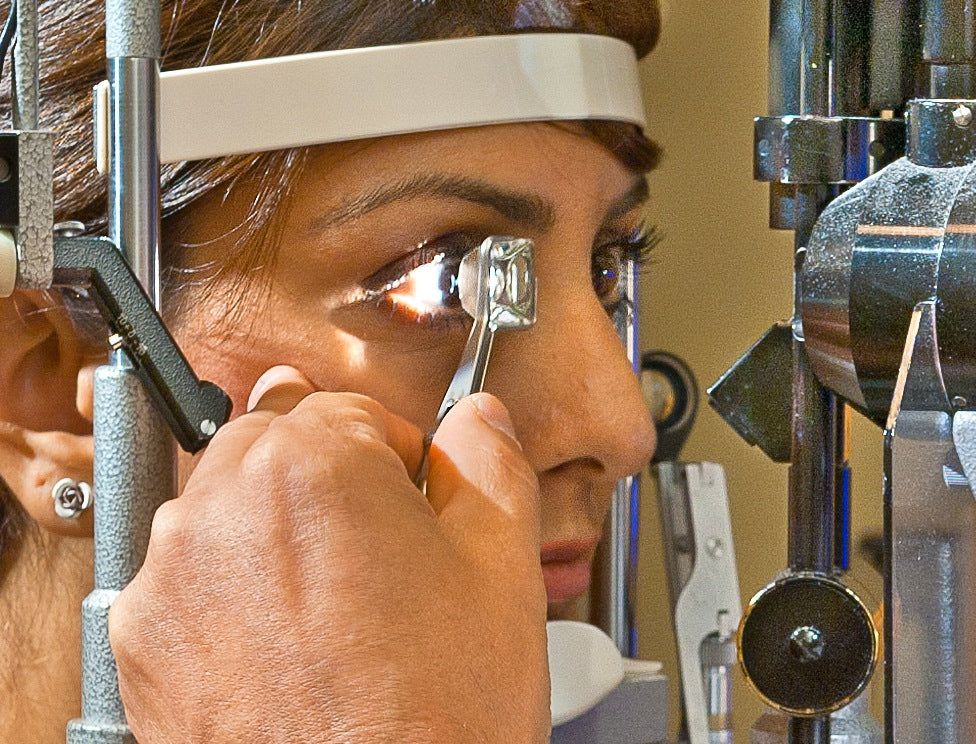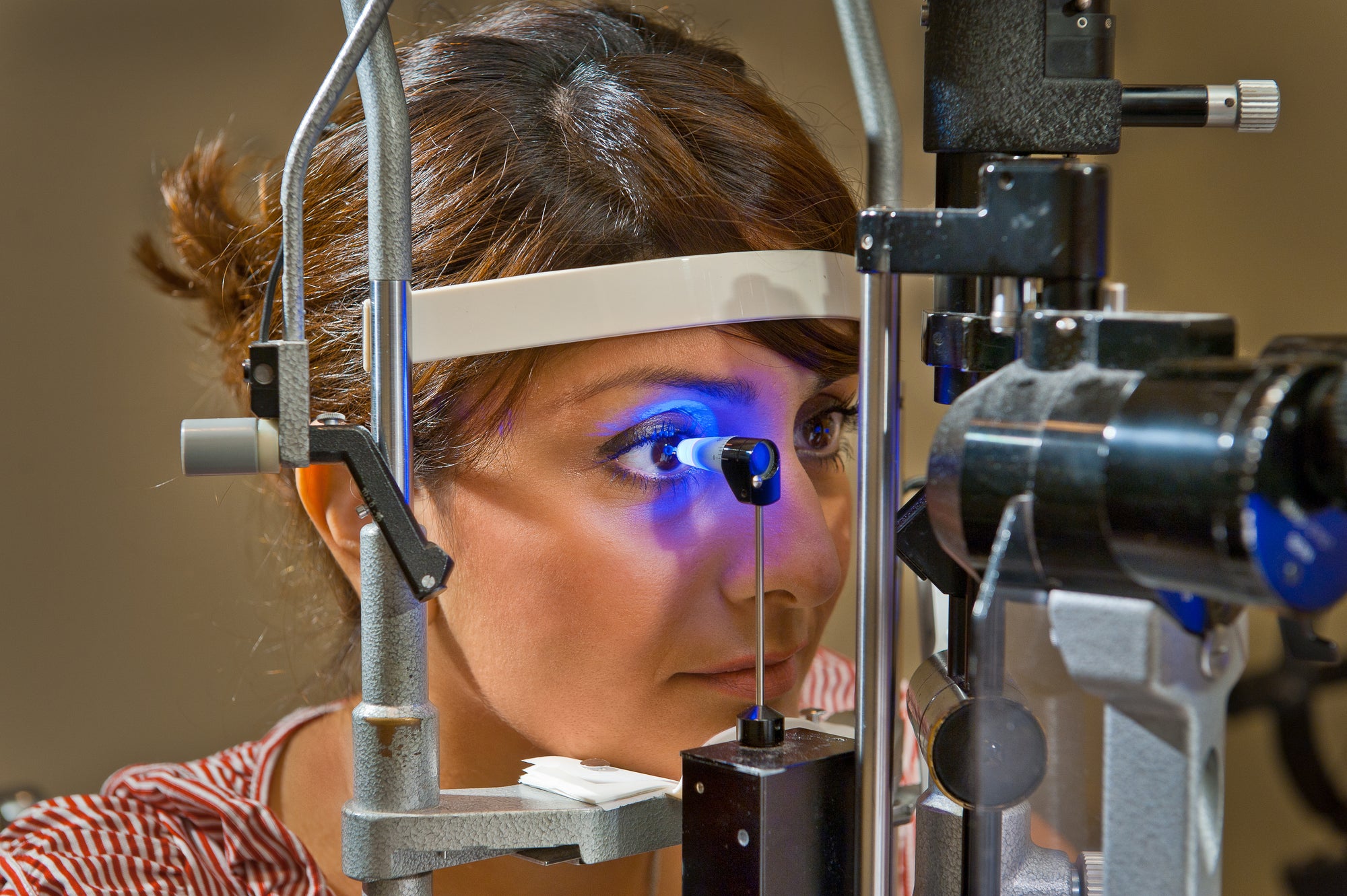News

glaucoma
Digestive tract bacteria linked to progressive vision loss in some glaucoma patients
Doctors have been mystified by glaucoma patients who progressively continue to lose vision despite treatment.

cataract surgery
Fewer cases of glaucoma after cataract surgery for patients who receive blue-light filtering IOLs
A study recently published in the Journal of Glaucoma highlights the potential benefits of blue-light filtering IOLs in reducing cases of glaucoma post-cataract surgery.

cataract surgery
5 Ways Vision is Affected by Diabetes
It's critical that diabetic patients understand how the disease could affect the eyes.

caffeine
How that cup of coffee can affect your eyes
Grabbing a cup of coffee is a morning ritual for 2 out 3 Americans. But does this daily habit pose a problem for our vision?

age-related macular degeneration
Anti-VEGF treatment for wet AMD may hasten progression of glaucoma
Researchers concluded that anti-VEGF treatments do raise the risk of glaucoma progression.

American Glaucoma Society
January is Glaucoma Awareness Month
January is Glaucoma Awareness Month. As an elected member of the American Glaucoma Society, I want to share with you their 12 important facts that you should know about this sneaky disease, little ...

cataract
Cataracts vs Glaucoma: What’s the Difference?
Unless you’re in the eye field, it’s easy to confuse the terms cataracts and glaucoma. And yesterday, I completed another dozen surgeries, some for cataracts, others for glaucoma. So what’s the dif...

glaucoma
Who is the "Silent Sneak of Sight?"
There is one eye problem that strikes people 30 and above with regularity, and unsympathetic viciousness, causing permanent vision loss that can never be regained, no matter what medications or tre...

age-related macular degeneration
New Laser Detects Eye Diseases That Cause Vision Loss
Researchers at the University of Waterloo have created a non-contact laser imaging system that detects symptoms of eye diseases that cause vision loss.
